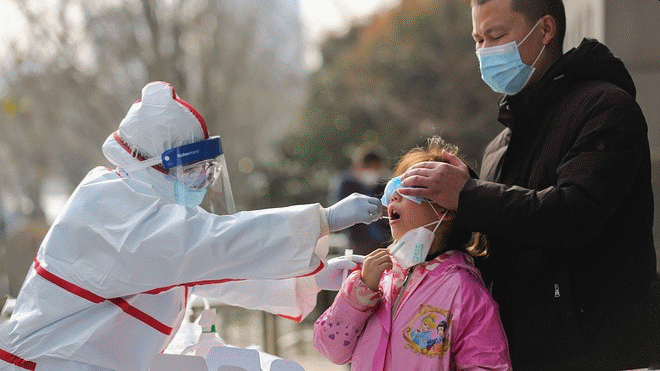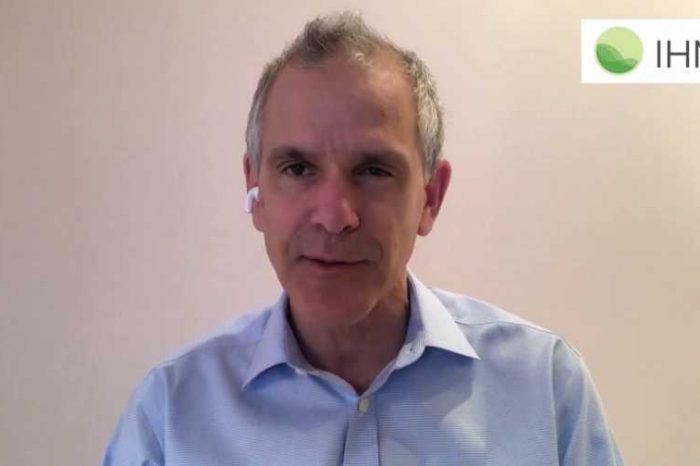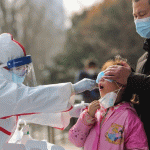Some ICU doctors say hydroxychloroquine isn’t helping sickest patients, say the drug may work better early on in the course of the illness

Earlier this morning, we told you about threatening messages and emails we received. Since then, some of you have sent us message of encouragement and support. One particular reader (name withheld for privacy reasons) offered some advice. Here is what he said in its entirety:
“As someone who has high hopes for this as a solution and been following your reporting I think that you should also be highlighting cases where it is not working. Giving a balanced presentation. You are presenting anecdotal data (and limited non randomized non double blinded trials) of success and none of the anecdotal data of failure. There are in fact people on the front lines are using without effect. Responsible reporting would also include the President’s financial interest that has been exposed. That may account for some of the hostility you are getting in your feedback. Please keep up the reporting as I am still hopeful ( In fact I actually already have HCQ/Zinc/Azyth based on the doses recommended by Dr Zalenko ready for consumption)… just report both sides of the story.”
We will address our reader’s comment later. In the meantime, some ICU doctors are saying hydroxychloroquine isn’t helping sickest patients, according to a report from NBC News. One of the doctors is, Dr. Ken Lyn-Kew, a pulmonologist in the critical care department at National Jewish Health at hospital in Denver.
He said: “When you give it to somebody who is already super sick, it’s likely not going to make an impact because the damage is already done.” Dr. Ken Lyn-Kew also added: “I’m not convinced it works. I’ve not seen anybody have anything near what I would call a miraculous recovery because of hydroxychloroquine.”
Dr. Hugh Cassiere, a pulmonologist and medical director of Respiratory Care Services at North Shore University Hospital in Long Island, New York, is another doctor who has used hydroxychloroquine on his patients but saw no result. “We’ve been using it [hydroxychloroquine]. But we really haven’t seen any efficacy,” Dr. Cassiere said.
The other doctor is Dr. Josh Denson, a pulmonary medicine and critical care physician at the Tulane University Medical Center in New Orleans. He said that “many patients do fine and tolerate it, but I don’t think it’s making a difference.”
It is not all bad news, however, some of the doctors mentioned in the story also said hydroxychloroquine may work better early on in the course of the illness. For example, Dr. George Diaz, an infectious disease specialist at Providence Regional Medical Center in Everett, Washington, said. “Generally the earlier you use it, the more effective it is.” Dr. Diaz was involved in the treatment of the first patient in the U.S. diagnosed with the coronavirus.
Another doctor, Dr. Josh Denson added that: “We’re using it; it’s all we have.” Dr. Diaz also added: “I can’t honestly say that I think that it’s necessarily an effective agent at this point.”
In the end, it is important that we share both sides of the argument with our readers. The result of clinical trials (i.e. “double-blinded”) will eventually put the argument to rest. While we are still waiting for clinical trials and the vaccine, for now hydroxychloroquine seems to show some promising results, especially among patients who said the drug has saved their lives.
Before we go, we would like to address the comment from one of our readers:
“As someone who has high hopes for this as a solution and been following your reporting I think that you should also be highlighting cases where it is not working. Giving a balanced presentation. You are presenting anecdotal data (and limited non randomized non double blinded trials) of success and none of the anecdotal data of failure. There are in fact people on the front lines are using without effect. Responsible reporting would also include the President’s financial interest that has been exposed. That may account for some of the hostility you are getting in your feedback. Please keep up the reporting as I am still hopeful ( In fact I actually already have HCQ/Zinc/Azyth based on the doses recommended by Dr Zalenko ready for consumption)… just report both sides of the story.”
The statement about the president’s financial interest may not be true. We are not here to defend the president. We just want to share some of our findings with you. But here is why. The claim probably came from a piece in the New York Times.
April 8: 6:48 PM (EST) Update: President Trump just said that he does not have investment in any hydroxychloroquine company. The president made the announcement during the daily Coronavirus Task Force briefing.
As such, the paragraphs below may no longer be necessary.
However, what NY Times is not telling its audience is that, according to Trump’s financial disclosure, the President only owns between $1,000 – $15,000 of Dodge & Cox fund. But Dox & Cox’s fund only has 2.9% of its money in Sanofi, the company that makes hydroxychloroquine. A little arithmetic shows you that Trump only owns $29 to $435 of stock. Hat off to Tom Fitton for pointing sharing this on Twitter. One other Twitter also said this: “The patent has expired for the developer of hydroxychloroquine. Generics of this drug can be made. At best, the small stake he owns in the company will make him very little money. Yet another distraction by the #LameStreamMedia to confuse the American people.” Please feel free share your comments.
.@Cernovich exposes new low in yellow journalism by @NYTIMEs. Smearing @RealDonaldTrump while trying to undermine confidence in the emerging #Hydroxychloroquine treatment. Disgraceful. https://t.co/T2IO4pAUOh
— Tom Fitton (@TomFitton) April 8, 2020




